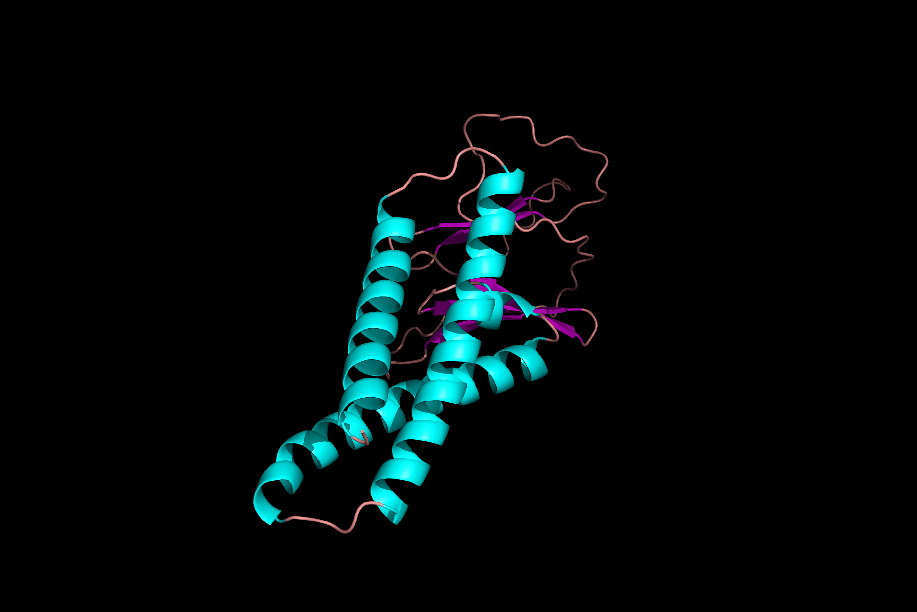Just as the turmoil of 2020 was coming to a wrap, a scientific breakthrough came about. On November 30th, AlphaFold, coming out of DeepMind, claimed to have solved the protein folding problem using artificial intelligence.
The Problem
Proteins perform the majority of work done in our cells from synthesizing DNA to getting rid of waste. Of course, the way a protein functions is largely dependent on its structure. This can include characterizations such as what parts of the protein are exposed versus tucked away. The proteomics field is dedicated to studying these, what is currently estimated to be, 80,000 to 400,000 proteins in our bodies and use two main strategies to determine their structure in the lab: X-ray crystallography and NMR. And yet, even in the midst of these complex protocols and high-tech machinery, a structure can take between a week to a few months to piece together according to UCONN Health.
The Game Changer
This is where AlphaFold sneaks into the picture. AlphaFold chose to take a different approach to this nominal problem: artificial intelligence.
Artificial intelligence has taken the world by storm and has improved the accuracy and efficiency of processes in almost every industry. From self-driving cars to artificial voices the possibilities are endless.

General scheme for developing an artificial intelligence model.
Put very simply by the diagram above, artificial intelligence, more specifically machine learning, trains a computer to look for patterns within a given dataset. Once trained, this program can use the patterns it learned to make predictions of its own. In the case of AlphaFold, their model was trained off of amino acid sequences and their predetermined structures.

Just one of the many protein folding predictions generated by AlphaFold’s model.
In comparison to the time it takes in the lab, AlphaFold’s model was able to predict protein structure in a mere half an hour with an accuracy of 90% according to their statement. In fact, it has already helped an evolutionary biologist named Andrei Lupis with piecing together a protein his team has been stuck on for a decade. In an interview for nature, Lupis even said:
“This is a game changer, this will change medicine. It will change research. It will change bioengineering. It will change everything”
Beyond AlphaFold
Of course, while AlphaFold may be a hot-topic, beyond protein folding, AI has also been used for a variety of tasks including interpreting MRI images, predicting climate change, or even sifting through astronomical data. The applications seem to be limitless so make sure to keep an eye out, the next breakthrough could be coming up just around the corner!
Jessica Petrochuk
